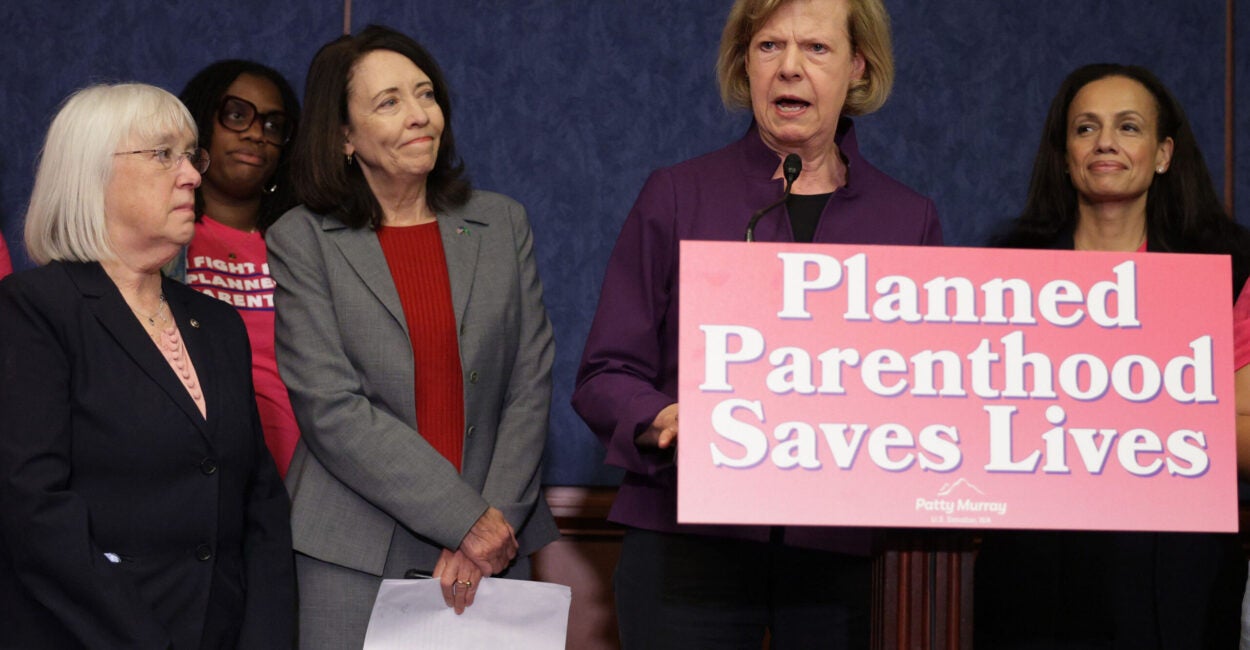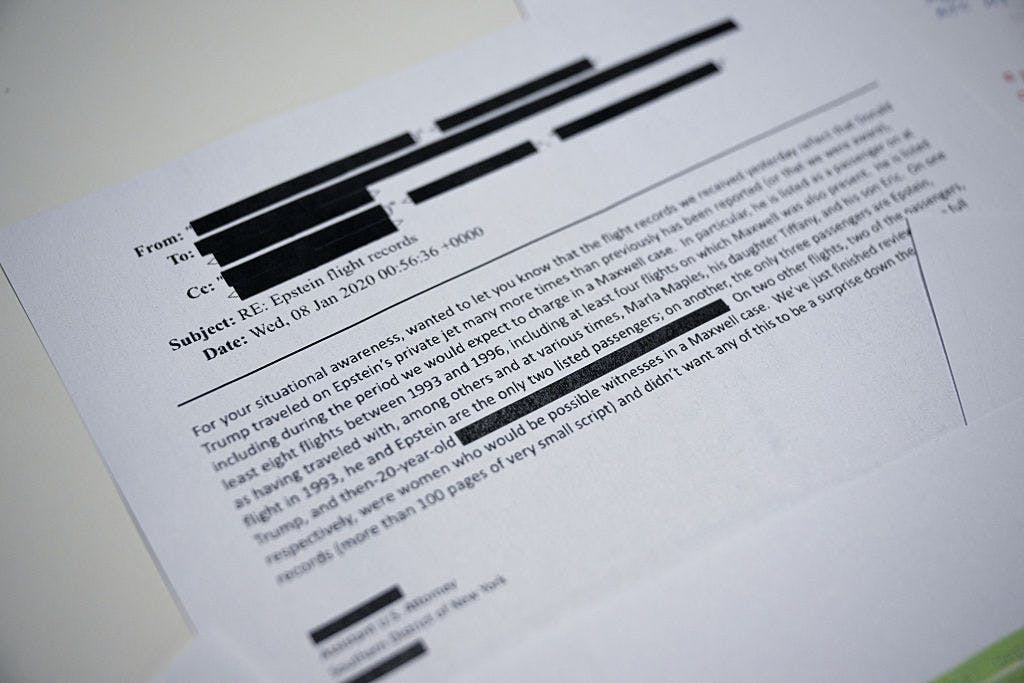Judge Tries To Require Planned Parenthood Funding

The Left has long looked to unelected bureaucrats and judges, rather than elected legislators, to get its way. Having failed to elect a Democrat president or Congress, they are hoping Democrat-appointed judges will block executive orders and statutes that they don’t like. Rogue judges participating in this scheme are eroding the judiciary’s integrity and undermining public confidence in the courts.
Live Your Best Retirement
Fun • Funds • Fitness • Freedom
In Phase I of this strategy, activists went to judicial districts in heavily blue states, asking Democrat judicial appointees to issue injunctions against Trump executive orders. Those judges complied, blocking enforcement not only against the parties challenging them but against everyone everywhere.
On June 27, the Supreme Court pulled the plug on these so-called “universal injunctions.” District judges have only the power that the Constitution and Congress, which created them, provide. Neither has given judges the power to provide remedies, such as injunctions, that go beyond the particular parties that bring cases to court.
With Phase I coming up short, activists have moved to Phase II: targeting Congress.
On July 4, 2025, Trump signed the One Big Beautiful Bill Act into law. Among that act’s provisions is Section 71113, which prohibits any federal funds from being paid to a “prohibited entity,” defined as a medical facility that provides abortions, for the next year.
Federal law has long prohibited directly funding abortion procedures. But the government’s funding of other services at those same facilities through programs like Medicaid means taxpayers end up indirectly subsidizing abortion.
Planned Parenthood, which receives more than one-third of its budget through this Medicaid shell game, sued in the federal district court in Massachusetts—the source of many of the politically motivated universal injunctions. Their argument that the funding restriction violates several provisions of the Constitution is premised on the claim that Section 71113 “specifically targets Planned Parenthood…and its member health care providers.”
Way down in paragraph 133, the complaint concedes that Section 71113 “does not identify Planned Parenthood by name,” but still insists that it was drafted “specifically to target Planned Parenthood.” They make the bizarre argument that this makes the funding restriction a “bill of attainder” prohibited by the Constitution.
A bill of attainder is a legislative act that condemns an individual or seizes his property without a trial. Planned Parenthood claims that not allowing Medicaid reimbursement for certain medical services somehow amounts to an unconstitutional “punishment.” It doesn’t. It’s just Congress exercising its own power to tax and spend.
Planned Parenthood claims that Section 71113 violates the Equal Protection Clause by treating medical facilities that provide abortions differently from those that do not.
In case merely stating that argument is not enough to refute it, consider that the Supreme Court has held for more than half a century that the Constitution does not require the government to subsidize abortion. The Court stuck to that position even while pretending that the Constitution protects the right to abortion itself.
The rest of the complaint is a similar flight of fancy.
Enter Judge Indira Talwani, appointed in 2014 by President Joe Biden. It took her only a few hours to issue a temporary restraining order giving Planned Parenthood everything it asked for.
Don’t bother searching for Talwani’s reasons for blocking this provision of a duly enacted law. Her order amounts to about a page of double-spaced text and says only that she issued it upon “finding good cause shown.”
There’s no way Talwani had time to read the complaint and do any legal analysis or research at all. Her order said nothing about Planned Parenthood’s allegations or arguments, nothing about the standard that district court judges must use for temporary restraining orders or how that standard applied in this case. Her order simply says that Planned Parenthood wants a temporary restraining order and that, therefore, she’s granting it.
This was the judicial version of a fast-food drive-through.
This is an even more extreme example of judicial overreach than the universal injunctions that the Supreme Court stopped. While the Constitution never gave judges that authority, it does give Congress the power of the purse—authority Congress properly used to enact this new law. By blocking a statutory provision that prohibits specific spending, Talwani is effectively requiring Congress to engage in that spending, authority judges do not possess.
It’s no wonder that polls show declining respect for the judiciary. Americans increasingly believe that judges base their decisions on politics rather than the law. The Left’s strategy to use the courts to fight their political battles will only make that worse.
The post Judge Tries To Require Planned Parenthood Funding appeared first on The Daily Signal.
Originally Published at Daily Wire, Daily Signal, or The Blaze
What's Your Reaction?
 Like
0
Like
0
 Dislike
0
Dislike
0
 Love
0
Love
0
 Funny
0
Funny
0
 Angry
0
Angry
0
 Sad
0
Sad
0
 Wow
0
Wow
0











































































